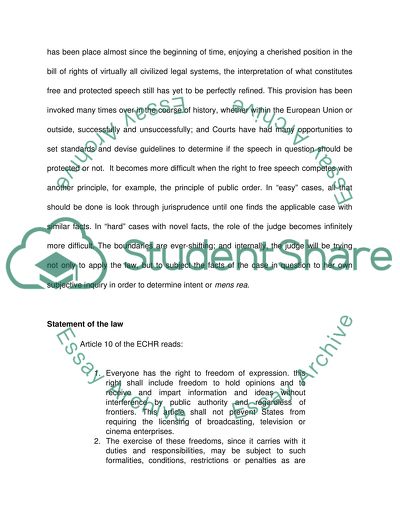Cite this document
(“European Convention of Human Rights and UK law Essay”, n.d.)
Retrieved from https://studentshare.org/law/1520111-european-convention-of-human-rights-and-uk-law
Retrieved from https://studentshare.org/law/1520111-european-convention-of-human-rights-and-uk-law
(European Convention of Human Rights and UK Law Essay)
https://studentshare.org/law/1520111-european-convention-of-human-rights-and-uk-law.
https://studentshare.org/law/1520111-european-convention-of-human-rights-and-uk-law.
“European Convention of Human Rights and UK Law Essay”, n.d. https://studentshare.org/law/1520111-european-convention-of-human-rights-and-uk-law.


